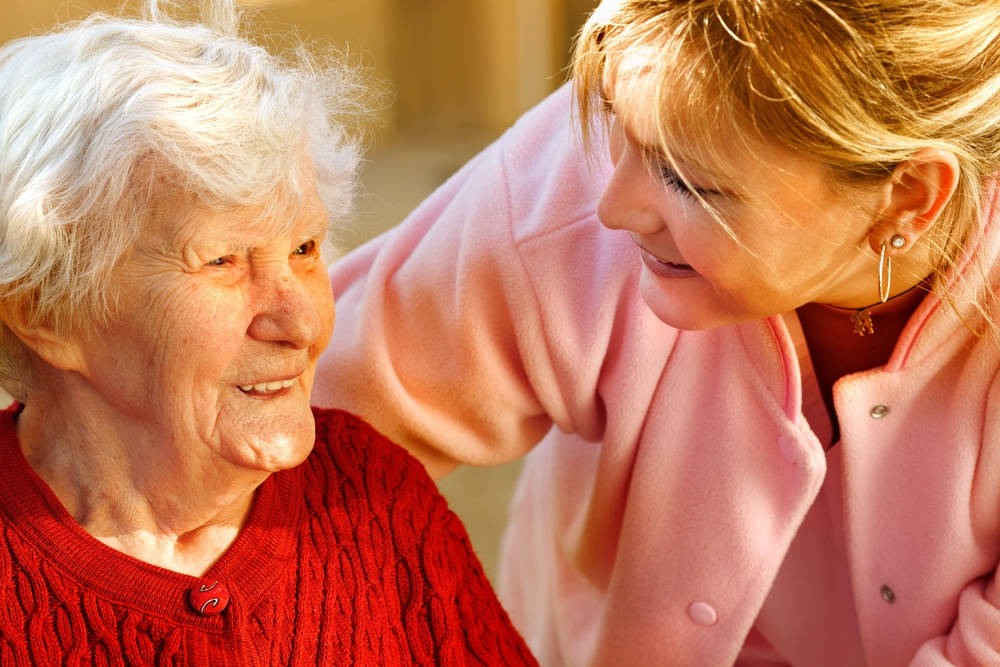Irvine Hospice Caregivers Share End-of-Life Signs & What Families Should Expect
When a family member enters hospice care at home or in a care facility, the remaining family members are often worried about missing the signs that death is approaching soon. Irvine hospice caregivers share helpful end-of-life signs and changes that families should watch for. This often helps families understand what to expect during the natural death process.
Signs of Impending Death Can Lower Anxiety & Help People Prepare for the End
It is important to understand that each person will have different reactions physically, emotionally, and mentally during the process of dying. No two people will necessarily have all the expected impending death signs.
How Long Does It Take for a Person to Die?
Again, end-of-life signs cannot predict the exact timeframe of when a person will die. Knowledge of these signs and changes can help caregivers and family members get an idea of where the person is in the process. Death can take months, weeks, days, or even hours, depending on each unique circumstance.
Commonly Experienced Changes in Bodily Functions Near Death
Hospice caregivers are highly attuned to certain slowing and changing of the patient’s overall bodily functions as death approaches even closer. Remember, not every person will present the same signs and bodily changes.
Here are some of the most common body system changes, including:
- Overall slowing down
- Less interest in eating food or drinking beverages
- Lethargy – sleeping more
- Difficulty or decreasing of body movements often becoming difficult and taxing
- Not passing urine or feces regularly
- Difficulty with speech & decreased communication
- Mental & emotional changes – subdued, lack of focus & overall shut-down
- May quit responding to questions or lack interest in surroundings
- Increased Symptoms & Changes Near Death
When death creeps closer, the person will likely undergo more intense signs, including:
- Auditory breathing – may be uneven, slowed, gurgling or rasping
- Increased restlessness – mental confusion
Hallucinations
Late signs include skin changes, irregular and labored breathing, and eventual lapse into unconsciousness or coma. Hospice care can offer comfort measures and valuable support during this time.
Contact St. Bernardine Hospice Care based in Irvine.




